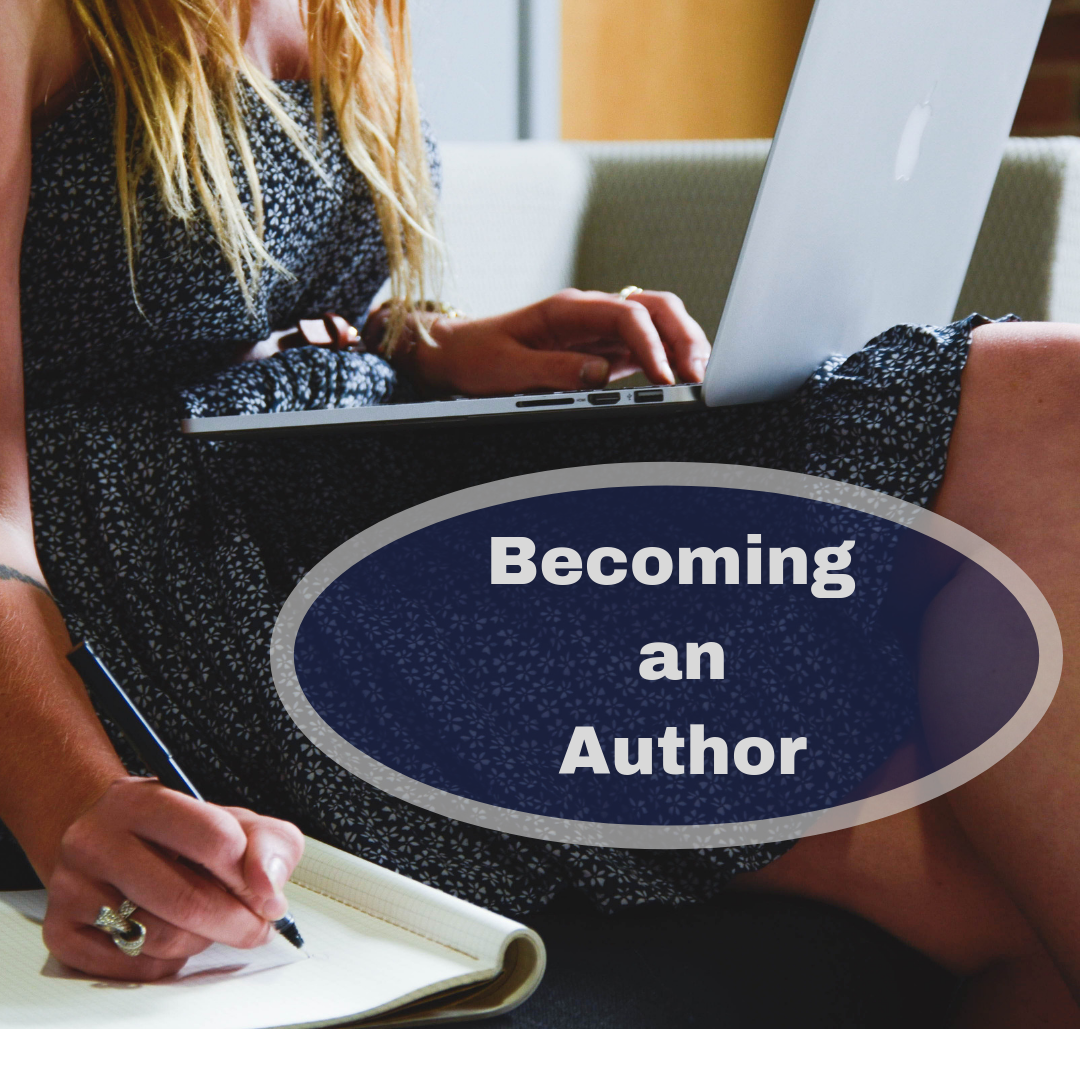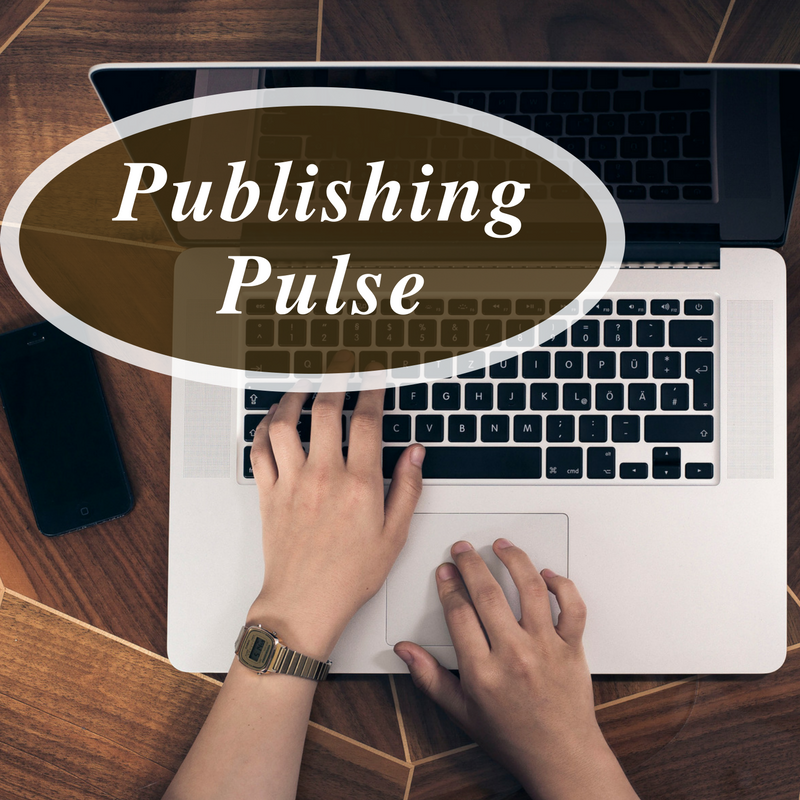
8 Things to Do Before Your Self-Published Book is Released
It has never been easier to publish a book thanks to the rapid advancement of technology. Goodreads and Amazon…
August 18, 2020
It has never been easier to publish a book thanks to the rapid advancement of technology. Goodreads and Amazon…
August 18, 2020
Throughout this series I’ve emphasized one main point—increasing your reach is vital to your writing career. I’ve also shared…
April 12, 2020
I understand the struggle that aspiring authors often face on their attempt toward publication. Honestly, this is one of…
April 9, 2019
Whether you write for children or adults, or both, meeting with industry professionals at writers’ conferences is essential. But…
January 21, 2019
If you are an author, a human being writing for other human beings, you have been blessed with a…
January 12, 2019
In the rush to show a literary agent or editor your idea, many writers forget a simple yet important…
December 25, 2018
I recently finished making wording changes on a self-published book that had already been typeset and printed — or…
September 12, 2018
Writing is a funny art, isn’t it? Agents and editors (freelance and publishing house) tell us to write, write,…
July 22, 2018
I know about new writer pitfalls first hand. When my first book was written in 2009, the publishing industry…
August 25, 2017
Elaine Marie Cooper It was early summer and the New England Asters were lush with leaves. But a knowledgeable…
July 23, 2016
Today’s tip on Polishing Your Message is . . . Don’t Do That. Do What? Overuse the word that.…
June 30, 2016
Writers who listen are writers who learn. If we’re so busy pitching our ideas and promoting our writing agenda,…
July 14, 2015